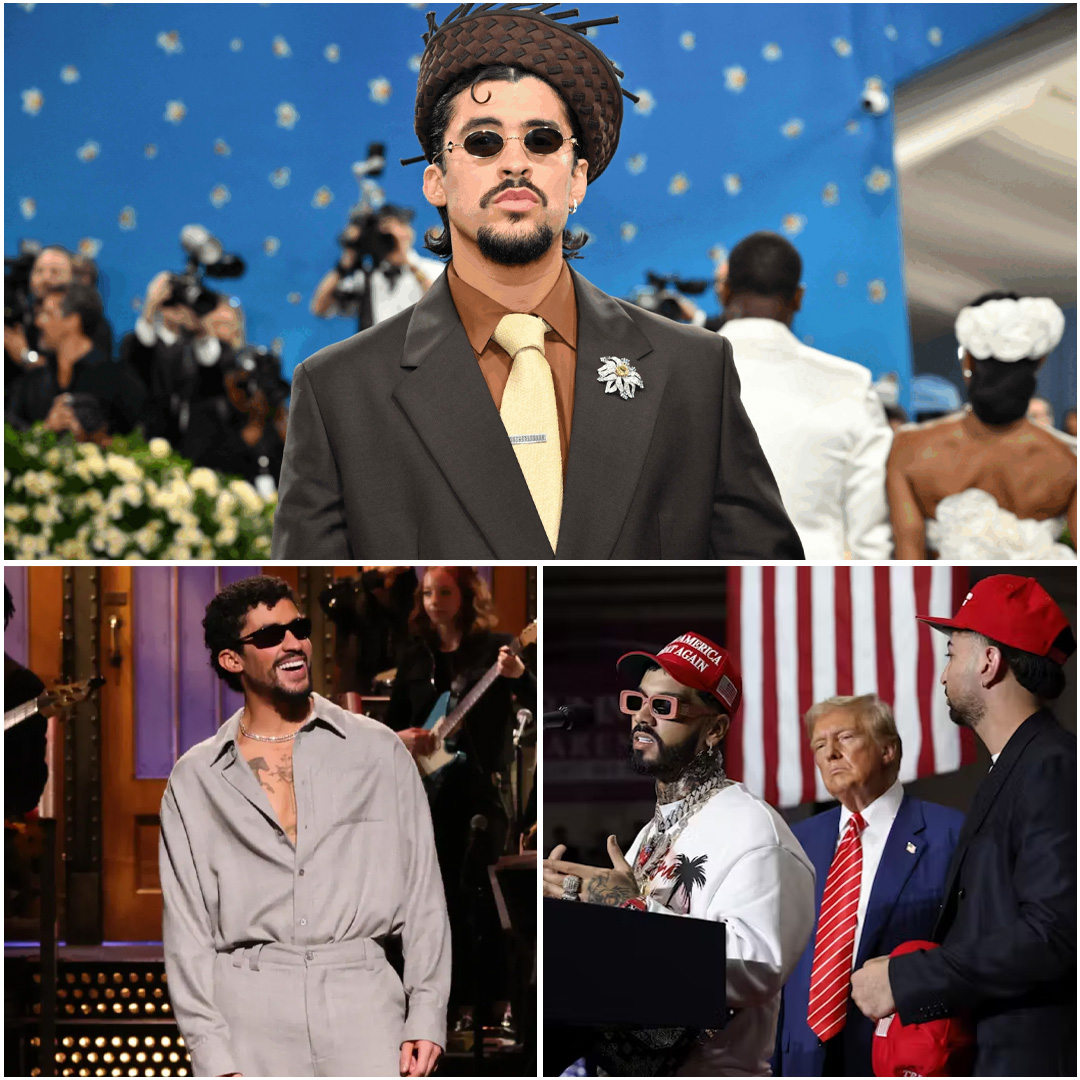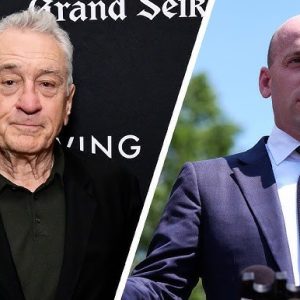NFL STANDS FIRM: League Defends Bad Bunny Amid MAGA Backlash, Refuses to Reconsider 2026 Super Bowl Halftime Show.
Despite mounting controversy and political pressure from conservative circles, the NFL has officially reaffirmed its decision to keep Bad Bunny as the headliner for the 2026 Super Bowl Halftime Show, putting an end — at least for now — to weeks of speculation about potential changes.

In a statement released late Tuesday, an NFL spokesperson stood by the league’s choice, emphasizing confidence in the global superstar’s ability to deliver an unforgettable performance. “We’re confident it’s going to be a great show,” the spokesperson said. “Bad Bunny understands the platform that he’s on, and we believe it will be an exciting and unifying moment for everyone watching.”
The confirmation comes after a wave of backlash from segments of the MAGA-aligned online community, where some critics accused the league of turning away from “traditional American values.” Hashtags like #BoycottSuperBowl2026 and #HalftimeControversy have been trending for days, driven by social media users who argue that the selection of Bad Bunny — a Puerto Rican artist known for his outspoken views on social issues and cultural expression — represents “a deliberate snub” to conservative fans.
Inside NFL headquarters, however, league executives have reportedly dismissed the backlash as politically motivated. Sources close to the decision say the choice of Bad Bunny was made months ago, long before the controversy erupted, and was based on his massive international appeal, his record-breaking touring success, and his ability to connect with younger, diverse audiences worldwide.
“Bad Bunny is one of the biggest entertainers on the planet,” said one senior NFL source. “The Super Bowl is no longer just an American event — it’s a global broadcast. His inclusion reflects that.”
Industry analysts point out that the halftime show has long been a cultural flashpoint. From Janet Jackson’s 2004 performance to Rihanna’s bold 2023 return, the event has often mirrored the broader tensions within American culture — between tradition and progress, entertainment and message. This latest controversy, they note, is another chapter in that ongoing story.
Supporters of the decision argue that Bad Bunny represents the modern face of music: bilingual, genre-blending, and unapologetically authentic. “He’s the perfect artist for a new era,” said music journalist Rosa Martínez. “He doesn’t fit neatly into anyone’s box, and that’s exactly why he belongs on that stage.”
Still, the NFL’s insistence on standing firm hasn’t quieted the opposition. Several conservative commentators, including popular online figures, have called the choice “tone-deaf” and accused the league of alienating part of its core audience. Others have urged fans to support Turning Point USA’s “All-American Halftime Show,” a newly announced counter-event led by Erika Kirk, which promises a “faith-driven, patriotic alternative” to the Super Bowl broadcast.
The competing halftime spectacles have created one of the most unusual cultural showdowns in recent memory — a clash between two visions of America’s biggest night in sports. Yet despite the controversy, marketing experts predict the 2026 halftime show could draw record-breaking global viewership, with millions tuning in both to watch and to debate.
For now, the NFL isn’t budging. “This is about music, unity, and celebration,” the league’s spokesperson reiterated. “The Super Bowl Halftime Show has always been a stage for creativity, not division.”
As February 2026 approaches, one thing is certain: whether fans tune in out of love, curiosity, or protest, the Bad Bunny halftime show is poised to become one of the most talked-about — and defining — performances in Super Bowl history.


